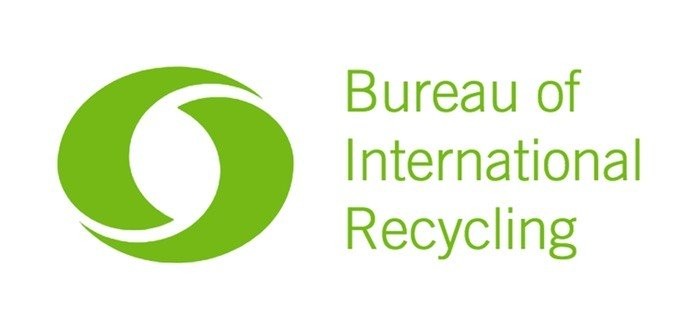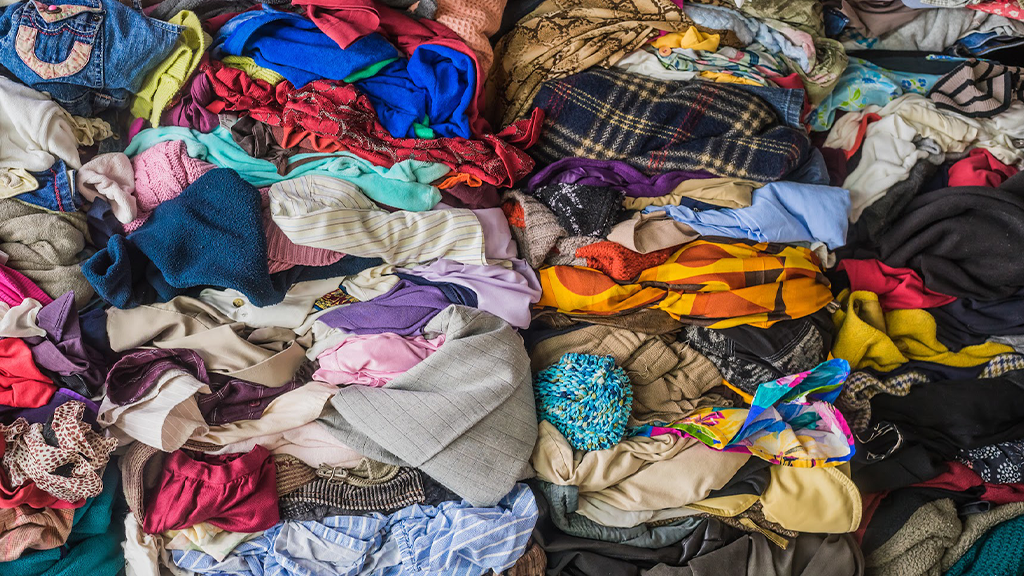
"The risks right now are much higher than the opportunities," stated BIR Textiles Division President Martin Böschen of Switzerland-based TEXAID * Textilverwertungs AG in delivering his latest market summary to a divisional webinar.
While recent months had brought some improvement in demand and payments for sorted goods, prices were still "15-25% lower than before COVID-19," said Böschen.
Demand for recycled goods, meanwhile, had not picked up at all. Many sorting companies in Europe were working "at reduced capacities" while stocks of originals held in warehouses were "one and a half to two times higher than normal at this time of year."
He concluded: "It will take at least 18 to 24 months to return to ‘business as usual' in our industry."
Lisa Jepsen of US-based Garson & Shaw reported that most companies in the USA and Central America had seen their sales nosedive in the early stages of the pandemic, but these had now returned to approaching normal levels. Stocks had been quick to fall once thrift stores reopened, she added.
According to Peter Saas of Pisatex Gulf in the United Arab Emirates, sales had now recovered to around 80-85% of their usual levels. The African market was back to normal, although prices were showing a slight decline, he also noted.
Reporting on the Bulgarian market, Yavor Pandov from the country's Association of Recyclers and Traders of Second Hand Clothes (ARTSHC) confirmed that volumes had returned to around 90% of pre-COVID levels. Africa and Pakistan had resumed their regular purchasing levels "in terms of quantities, not in terms of price."
Pandov went on to confirm that a tax on imported second-hand clothing was still being discussed within his country's parliament and now seemed likely to be imposed despite on-going opposition from the ARTSHC. Back in 2018, the association had received support from BIR in fighting the proposal, with the world association arguing that a tax would harm domestic consumers and would prevent the Bulgarian government from meeting the recycling targets for textiles set down in the EU's revised Waste Framework Directive.
In the first of two guest presentations, Emmanuel Katrakis, Secretary General of the European Recycling Industries' Confederation (EuRIC), focused on the Circular Economy Action Plan adopted by the European Commission in March 2020 which enshrines the development of a new EU textiles strategy by 2021 to strengthen competitiveness and innovation in the sector as well as to boost the market for reuse. EuRIC believes the strategy should champion: EPR to support a proper infrastructure and to modulate fees based on textiles' reusability, recyclability and recycled content; adapted customs codes to ease transboundary movements of textiles; and development/funding of "fit-for-purpose" technologies. Katrakis also stressed the importance of targets and incentives covering, for example, reuse and incorporation of recycled fibres in new products.
Fellow guest speaker Hilde van Duijn, Senior Project Manager at Netherlands-based Circle Economy, outlined some of the latest technologies available for textiles as well as the challenges faced, including: the lack of market "pull" for non-wearable textiles; the "negative perception" of recycled content; and the ever-changing composition of post-consumer textiles. It was "very important," she underlined, that representatives of the end-of-life value chain - and not just brands and producers - were at the table when these issues were discussed.



